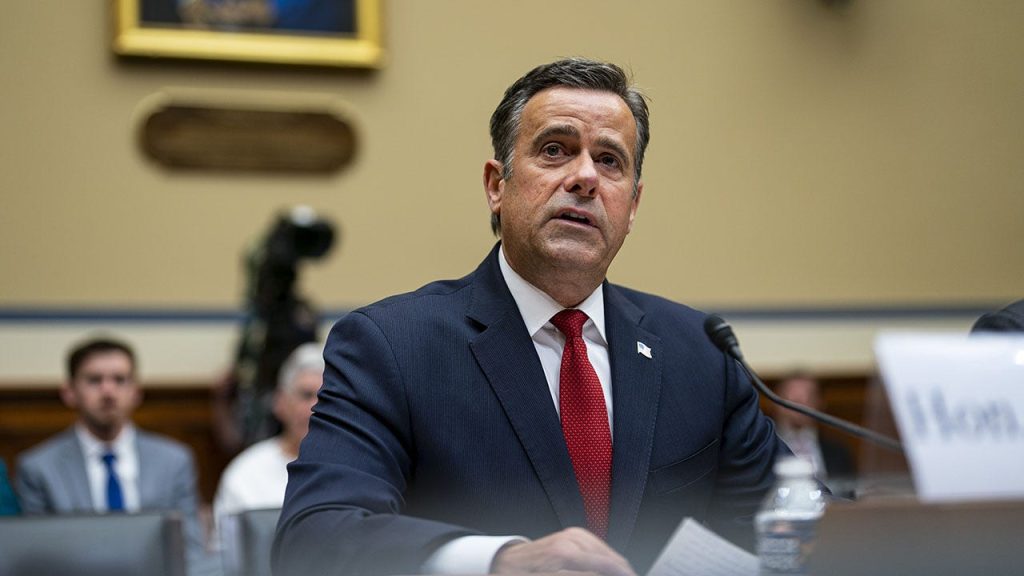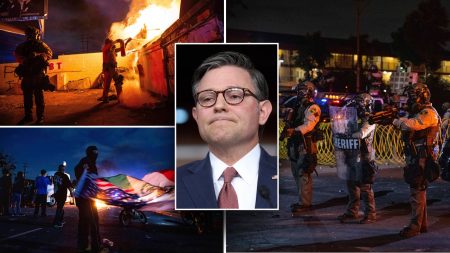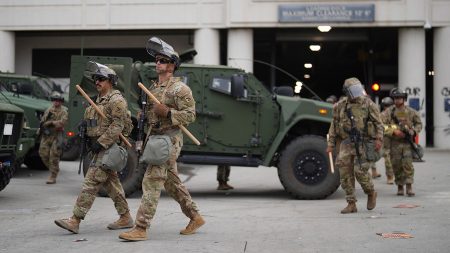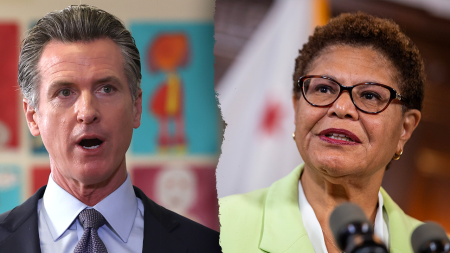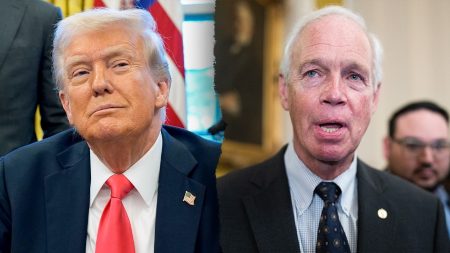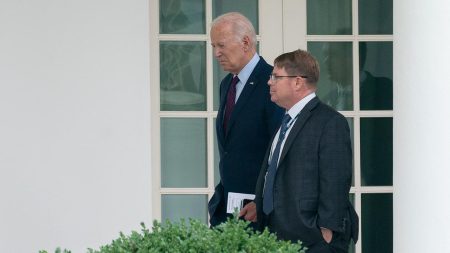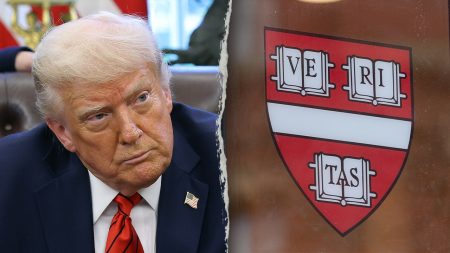John Ratcliffe, President Trump’s nominee for CIA Director, presented his vision for reshaping the intelligence community to the Senate Intelligence Committee, emphasizing the unprecedented national security challenges facing the nation. He identified China, border security, the Russia-Ukraine war and its potential nuclear ramifications, Iran, North Korea, and increasing collaboration among US adversaries as the most pressing threats. Central to Ratcliffe’s approach is a commitment to depoliticizing the agency and refocusing its efforts on core intelligence gathering, eliminating distractions that have increasingly drawn the intelligence community into the political arena. This renewed focus will involve bolstering the CIA’s human intelligence capabilities globally and ensuring objectivity in analysis, free from political or personal biases.
Ratcliffe underscored the need for more proactive intelligence operations, particularly targeting China, whose Communist Party operatives have engaged in extensive espionage against the United States. He signaled a tougher stance against China’s activities, aiming to curb its economic espionage, infrastructure infiltration, and other harmful actions against American interests. This more assertive approach reflects a broader shift in the administration’s China policy, moving from a defensive posture to a more offensive strategy to counter the perceived threat posed by the CCP. Ratcliffe’s commitment to strengthening human intelligence capabilities aims to penetrate the opaque nature of Chinese operations and provide critical insights into the nation’s intentions and activities.
The nominee emphasized his commitment to rebuilding the CIA’s workforce by recruiting highly skilled individuals with both intellectual prowess and operational experience, individuals he described as “a Ph.D. who could win a bar fight.” He also pledged to thoroughly investigate anomalous health incidents affecting US personnel abroad, such as Havana Syndrome. Ratcliffe envisions greater collaboration between the CIA and the private sector, potentially through personnel exchanges and mid-career appointments from technology companies, leveraging expertise in areas like artificial intelligence to enhance the agency’s technological capabilities.
In contrast to some of President Trump’s other nominees, Ratcliffe’s confirmation hearing was anticipated to be more policy-focused. Other nominees, such as Pete Hegseth for the Department of Defense, have faced intense scrutiny over personal conduct and past controversies, including allegations of sexual assault, financial mismanagement, and questionable behavior. Similarly, Tulsi Gabbard, the nominee to oversee all intelligence agencies, has drawn skepticism due to her prior opposition to US surveillance programs and perceived closeness to foreign adversaries. Her meeting with Syrian dictator Bashar al-Assad and subsequent reversal of her stance on Section 702 surveillance have raised concerns about her suitability for the role.
Despite differing backgrounds and controversies surrounding some nominees, a common thread unites President Trump’s national security team: a shared concern about the threat posed by China. This shared perspective highlights the administration’s prioritization of countering China’s growing influence and aggressive actions. This focus extends beyond the intelligence community to encompass broader national security strategy, with figures like Mike Waltz, the national security advisor pick, advocating for a more offensive approach to thwart Chinese aggression. This shift in strategy reflects a growing consensus within the administration that a purely defensive posture is inadequate to address the multifaceted challenges presented by China’s rise.
Ratcliffe’s emphasis on strengthening human intelligence, fostering private sector collaboration, and adopting a more assertive approach towards China represents a significant departure from previous intelligence strategies. His focus on depoliticizing the agency and returning to its core mission of intelligence gathering aims to restore public trust and ensure the objectivity of intelligence assessments. The success of these efforts will be crucial in navigating the complex and evolving national security landscape, particularly in light of the growing threats posed by China and other adversaries. The Senate’s decision on his nomination will have significant implications for the future direction of the CIA and the broader intelligence community.




